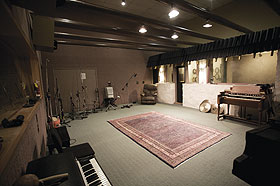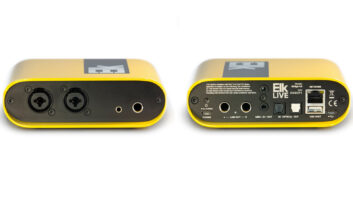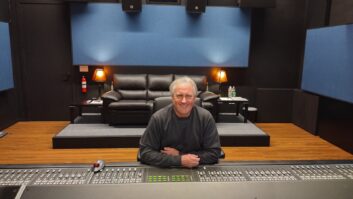
SPARS has embarked upon a quest to seek out recording studios that have not only survived but are thriving today, in an effort similar to what Tom Peters did when he wrote In Search of Excellence. We recently talked to a few studio owners who have done a really good job adapting to the conditions of their respective markets.
Dan Workman runs the oldest continuously operating recording facility in the U.S., SugarHill Studios in Houston. At year 70, they must be doing something right. Workman is an innovative marketer who has been actively involved with the local music community, sponsoring charity events, hosting Grammy free dental clinics and working with The Houston Sound, a non-profit organization dedicated to increasing awareness of the Houston music scene. He also produces a video Webcast/podcast series called Live from SugarHill Studios, which highlights some of these bands in the natural studio recording environment, as if you were sitting in on the session. Nearly 30 episodes have been produced so far, and SugarHill’s Studio A (pictured) is featured prominently in all of them.
Chuck Chapman has run Chapman Recording and Mastering in Kansas City since 1977. Their three rooms strike a nice balance of accommodating a variety of needs, from music recording/mixing to broadcast/corporate projects to transfers, writing and editing. Realizing early on that offering only music recording services was not a formula for growth in his mid-sized metro market, Chapman decided to add audio engineering work for corporate and media clients in the area. He invested time and resources for more than a decade to establish a prominent position in that market. Having a long-term vision and plan and executing that plan with commitment definitely helped his business stay competitive.
There is no single magic recipe to run a successful operation. Every market is different, which means there can be great diversity in what works. Also, given the fact that markets are not static, one has to continuously refine and evolve an approach or sometimes re-invent oneself as client demands shift.






